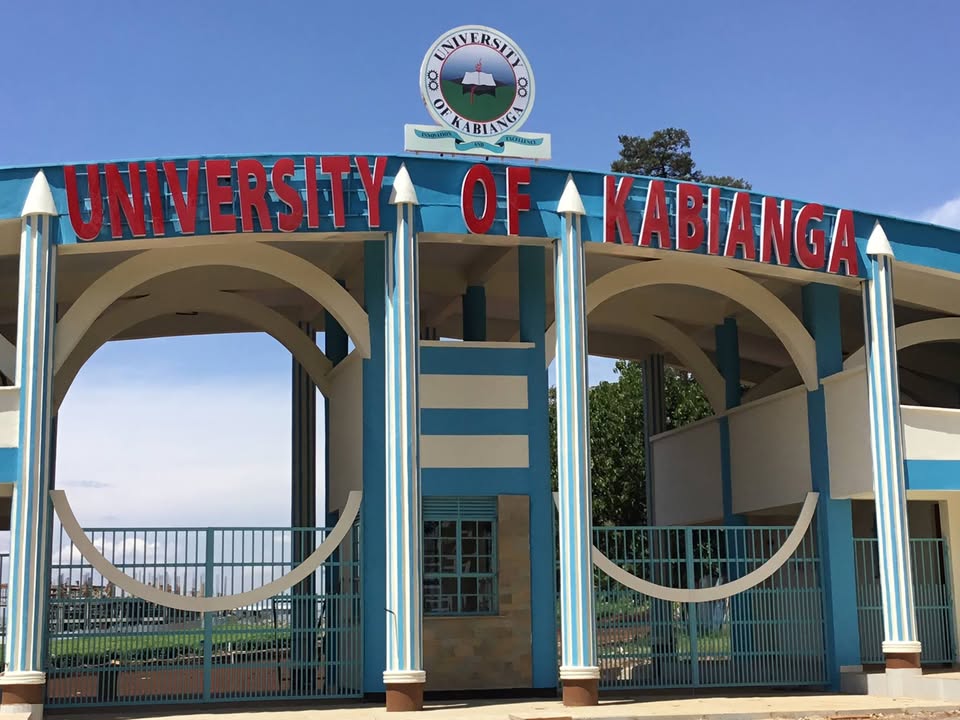By Roy Hezron
Principal Secretary in the State Department for Early Learning and Basic Education Dr. Julius Jwan has said that school meals programmes has help to attract and retain children in schools.
Speaking on June 29th during the validation of the Kenya School Meals Policy draft by Education stakeholders at the Kenya Institute for Curriculum Development (KICD), Dr. Jwan said that school meals are one of the drivers of access to education which also promotes nutrition and good health.
He noted that the policy will provide guidance on the implementation of school meals initiative in basic learning institutions.
The World Food Programme (WFP) Kenya Director, Lauren Landis reiterated the remarks and added that School Meals Programme help to combat child hunger, poverty and multiple forms of malnutrition.
“They attract children to school and support their nutrition, learning, health and long-term wellbeing,” Ms Landis said.
She noted that school meals are considered an important safety net worldwide which supports households and mitigates food insecurity.
Ms Landis also pointed out that school meals promote gender equity by encouraging girls to attend and graduate from school thus reducing the risk of child marriage and early pregnancies.
She said the WFP acknowledges the Government’s commitment to the programme as demonstrated by increased funding, establishment of a fully dedicated School Feeding Unit and a bold move to take over the entire programme.
Although the government assumed full funding of the programme in 2018, WFP continues to provide capacity development and support to both national and county governments to strengthen implementation.
The stakeholders in attendance were drawn from Ministries of Health, Agriculture, Social protection, Council of Governors, development partners. regional directors and County and Sub-county Directors of Education from the target areas.
The School Meals Programme targets 2.5 million learners in Primary schools in 66 Sub counties, mainly in Arid and Semi-Arid Regions and informal settlements.






